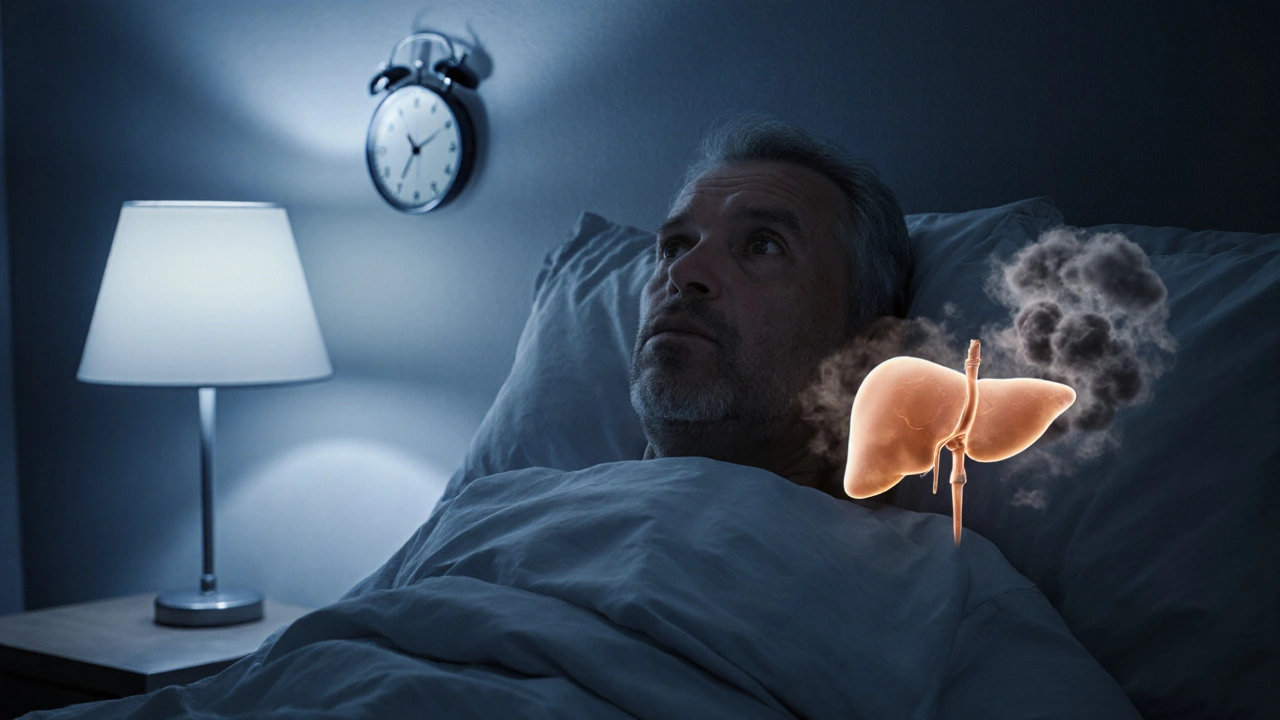Sleep Hygiene: Better Nights Start with Simple Daily Habits
When we talk about sleep hygiene, the set of daily behaviors and environmental factors that influence how well you sleep. Also known as sleep habits, it's not about fancy gadgets or expensive mattresses—it's about the quiet, repeatable routines that tell your body it's time to rest. Most people think sleep is something that just happens, but if you're tossing and turning, it's likely your habits are working against you, not for you.
Circadian rhythm, your body’s internal 24-hour clock that regulates sleep and wake cycles runs on consistency. If you’re scrolling in bed at 2 a.m. one night and up at 6 a.m. the next, your brain gets confused. It doesn’t know if it’s time to wind down or jump into action. That’s why shifting your bedtime by just 30 minutes every day can make insomnia worse—not better. And it’s not just about when you sleep. Your sleep environment, the physical space where you sleep, including light, noise, temperature, and bedding matters just as much. A room that’s too bright, too noisy, or too warm can keep your nervous system on alert—even if you’re exhausted.
Many people blame stress or aging for poor sleep, but the real culprit is often something simpler: caffeine after noon, a phone glowing on the nightstand, or lying in bed worrying instead of sleeping. You don’t need to become a monk to fix this. You just need to stop doing the things that sabotage sleep. For example, if you’ve been watching TV in bed for years, your brain has learned to associate that space with alertness, not rest. Start moving screen time out of the bedroom. Do your reading in a chair instead. Keep your phone charging in another room. These aren’t drastic changes—they’re small, doable fixes that add up.
And here’s the truth: sleep hygiene isn’t a cure-all. If you have chronic insomnia, sleep apnea, or restless legs, you’ll need medical help. But for most people struggling to fall asleep or stay asleep, the problem isn’t a disease—it’s a habit. The posts below cover real cases: how people fixed their sleep by changing one thing at a time, what medications can interfere with rest, how shift work messes with your rhythm, and why some supplements help while others do nothing. You’ll see how others tackled this without prescriptions, and what actually worked when the advice from blogs and apps failed.

Liver Failure & Sleep: Causes, Symptoms & Practical Tips
Learn how liver failure disrupts sleep, the role of ammonia and melatonin, and practical steps to restore rest while protecting liver health.
October 7 2025